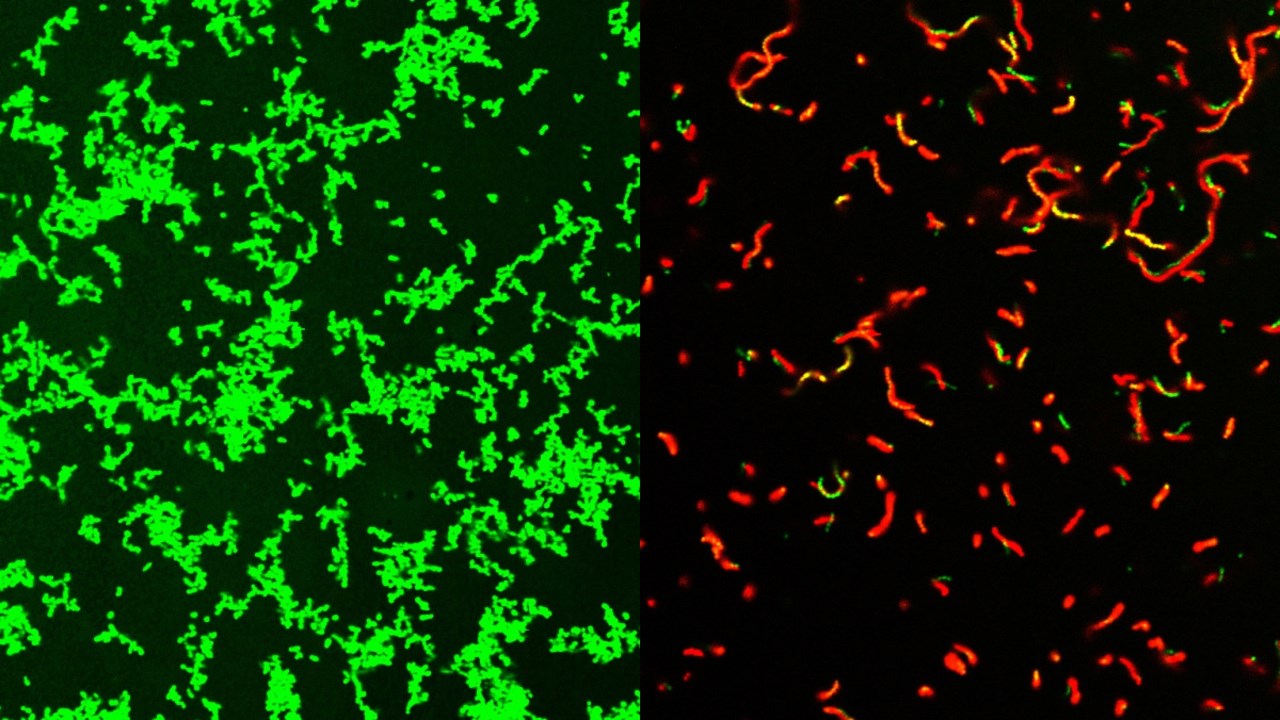About the scientific study
Zou Z, Singh P, Pinkner J, Obernuefemann CLP, Xu W, Nye TM, Dodson KW, Almqvist F, Hultgren SJ, Caparon MG. Dihydrothiazolo ring-fused 2-pyridone antimicrobial compounds treat Streptococcus pyogenes skin and soft tissue infection. Science Advances. Aug. 2, 2024. DOI: 10.1101/2024.01.02.573960



